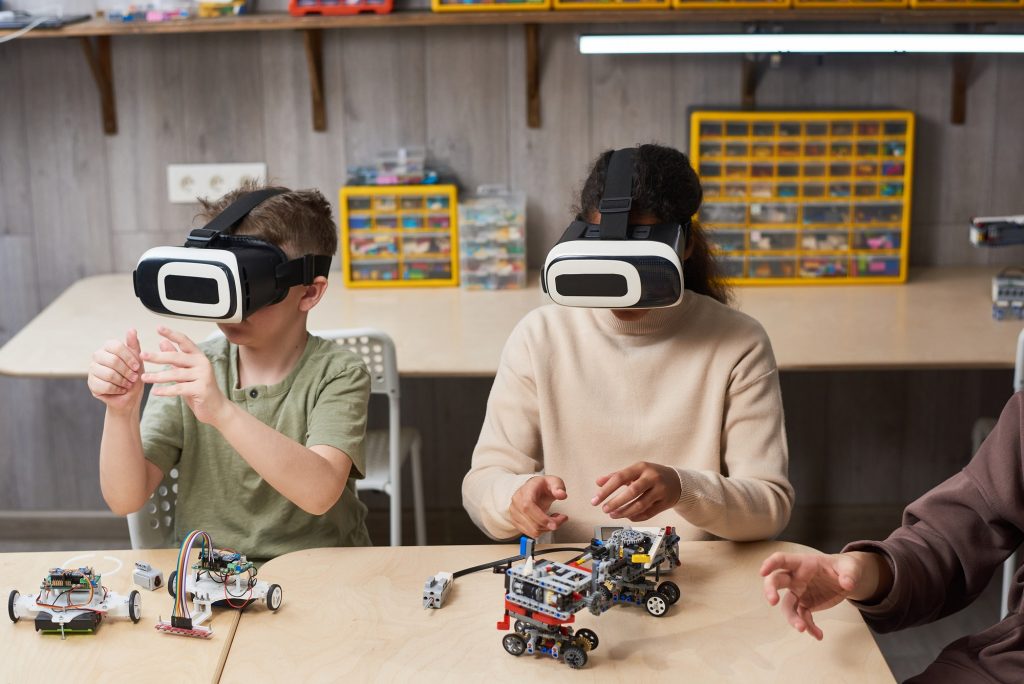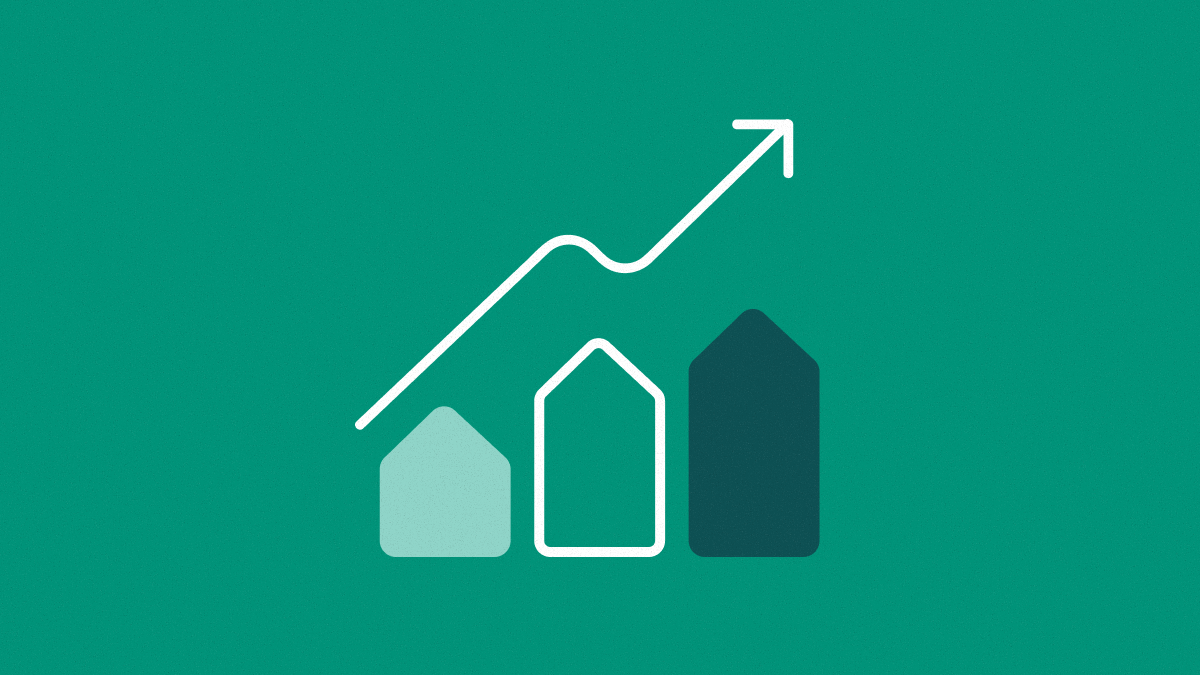Digital and online solutions have been the key to a successful marketing and PR campaign for the last two decades. Today we are going to discuss how web 3.0 will impact real estate marketing.
Their value is likely to rise still further as we enter the dawn of Web 3.0 – a revolutionary development in the life of the internet.
The real estate sector has already embraced a huge amount of change in recent years, not least in terms of online marketing approaches and techniques. So, what will Web 3.0 bring to this swiftly advancing industry?
In this article, we explore the changes that Web 3.0 is likely to introduce in the world of real estate marketing. But first, what exactly is Web 3.0 and what can we expect as it enters the field?
What Is Web 3.0?
Web 3.0 will introduce a new angle on the internet we know and understand.

While the Web 1.0 of the 90s focused on pure, text-based information and the Web 2.0 of the 00s introduced the concept of interactivity and user experience (UX), Web 3.0 is built on data, decentralization, and user autonomy.
There Are A Vast Array Of Technologies That Feed Into Web 3.0 – Including:
- Artificial Intelligence (AI)
- Automation and machine learning
- 3D Virtual Reality (VR) and Augmented Reality (AR)
- Blockchain
- Non-Fungible Tokens (NFTs)
- Cloud-based or decentralized systems
- Decentralized apps (dApps)
- The Internet of Things (IoT)
- Semantic Web Technologies
The development of this new version of online life is already well underway – which means now is the time for real estate firms to harness its potential in order to get ahead.
What Are The Main Web 3.0 Real Estate Marketing Tools?
How can real estate marketing specialists best make use of the features Web 3.0 has to offer? Here are some of the exciting new approaches available.
Automation And AI
We no longer need to hold a potential client’s hand when they first express an interest in our products or services.
Instead, tools like chatbots – powered by machine learning – will help them to access all of the information they require in order to get started.
Upon interpreting any question it is asked, a chatbot can reach into its data banks, or the wider resources of the internet as a whole, and provide the required answer.
They can also be programmed to direct users to certain relevant products, automatically “upselling” and problem-solving concurrently.
Not only are tools of this kind superb for marketing, but they also allow users to take ownership of their own searches and inquiries, freeing up their time and that of the agency employees.
VR And AR
The fields of real estate-related virtual and augmented reality have experienced a boom over the last couple of years, with the outbreak of COVID-19 introducing an urgent need for additional remote resources.
In response, many firms developed interactive VR “walkthroughs” of the properties on their books, allowing prospective buyers to explore them from the safety of their homes.
With interactivity and cross-device functionality high on the list of Web 3.0 technologies, this format seems likely to stay – and even to progress further.

The use of augmented reality is also increasing in real estate marketing – in terms of “property staging”, for example, whereby a potential buyer may see how furniture and decor could be applied to a certain space in order to better understand its potential.
The Internet Of Things
IoT devices – including virtual assistants like Alexa and Siri – are superb Web 3.0 marketing tools.
By optimizing your online content to be discoverable via IoT appliances, you’ll be able to reach a whole new audience who rely heavily on voice commands and speech recognition throughout their day-to-day lives – including for shopping and research.
Use Of Data And The Semantic Web
Intelligent data use is central to many modern digital marketing techniques.
From targeted ads to property valuation tactics and the tracking of local, national, and global property markets, the real estate industry can achieve a huge amount with in-depth data stores at its fingertips.
The Semantic Web is so much a part of Web 3.0 that the two terms are often used interchangeably.
This particular technology utilizes data and coding languages to create “machine-readable” versions of sites, online content, and other information – making it a vital aspect of Search Engine Optimization (SEO).
SEO in itself is a major aspect of digital marketing, but with new tools to improve the ranking capacity of certain content by “communicating” in some way with search engine algorithms and web crawlers, it can be made even more powerful.
Decentralization
One of the defining features of Web 3.0 is ubiquity. Data can be held in any number of locations simultaneously and be accessible from anywhere using any device.
Convenience and speed are huge selling points, as many potential clients are living extremely busy lives.
For this reason, a property investment, auction, or transaction service that enables people to handle everything on their own devices, including the e-signing of documents, is highly desirable.
Blockchain
Blockchain is a major product of web decentralization. With the promise of data security and tamper-proof records, a business’s clients will automatically feel safer.

The general sense of transparency and autonomy that Web 3.0 offers its users enables them to make an informed choice regarding the real estate specialists they wish to use.
This is a great opportunity for brands to build trust within their marketing approaches in a more effective way than ever before.
NFTs
Naturally, real estate marketing isn’t just about the purchase, sale, or lease of entire properties. Depending on the specialisms of your business, it may also include the promotion of property investment.
NFTs are a revolutionary part of Web 3.0 and provide exciting new access to this particular field.
With these intriguing new resources currently taking the media by storm, now is very much the time to promote NFT-powered fractional property investment.
This investment technique sees the investor purchase a token representing a certain square meterage or footage within a wider property, then reaping the returns as the value of the property or its income grows, increasing their equity.
The user-centric, data-driven nature of Web 3.0 offers no end of opportunities for use in real estate marketing strategies. As this new online world is barely in its infancy, it’s impossible to predict the additional solutions and tools it will offer as it develops further.
The key to success in Web 3.0 real estate marketing is having the courage to “hand over the reins” to users, developing platforms and tools that allow them greater levels of autonomy, while building trust and discoverability for your brand so as to attract them to your own services.
Contact Matchbox Design Group Today!
If your website could use a refresh, if you’re looking to drive more traffic to your site, or you would like to submit a guest post, fill out the form below and we’ll contact you to learn more about your digital needs.



